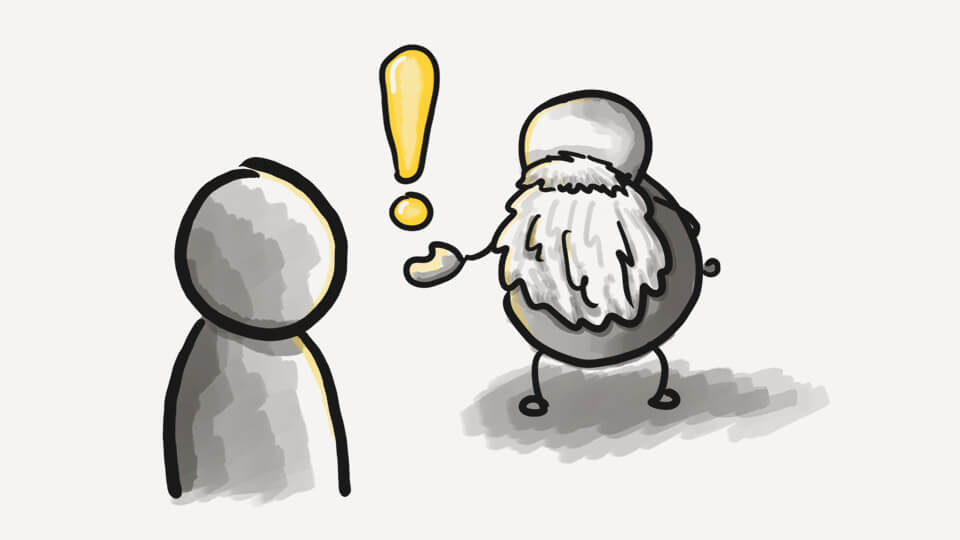Today’s guest post comes from my good friend, Nils Ödlund.
The worst thing I know is when an author is wrong about how their characters look.
No, you read that right.
I'm a visual reader, and when I read a description, it creates a picture in my mind. It goes for everything. People, places, spaceships, monsters. I read about it, and I see it.
What's more, once the picture in my mind is formed, it's complete.
If there is a person in the picture, their skin will have a colour. If they aren't bald, they will have hair, and their hair will have length and shape. If they're not naked, they'll have clothes.
If they're human, they will have a gender.
Creating this image takes mere moments, and once it's finished, it's really difficult to change.
Just like when you meet a new person. First impressions last.
It doesn't matter if you see someone in real life, on a picture, or even as an imagined person in your own mind. Once the first impression has solidified, it takes time and effort to change it.
This is where it gets dangerous.
I don't have the mental capability to imagine a person who's skin doesn't have a colour, or who's hair doesn't have a length. I can't imagine a non-naked person without clothes. If I read about a person and their skin colour isn't mentioned, they'll still have a colour in the image in my mind. Usually, something that makes sense within the context of the story, or which matches my personal biases of how people look.
The same goes for everything else that's visible in the picture in my mind. If something is left blank, I fill in the blank myself.
What's more, I do it fast.
Like a camera taking a picture, not like an artist painting stroke by stroke.
What this means in practice is that the author has at most one to two paragraphs to describe their character. After that, I've already pictured them in my mind, and there they are. The more additional information the author adds, the more likely they're going to contradict my imagination, and that's where they go wrong.
The image I've created is true to me. I've seen it myself.
Whenever the author reminds me that some part of what I have imagined is wrong, it breaks my immersion. It reminds me that I'm reading, and that I ought to try and update the image in my mind.
Only, updating my first impression is difficult. It requires concentration and effort, and it's often easier to just keep reading. Eventually, I might come around, and I might agree that the hero has fiery red hair, even though I originally pictured it as raven black.
It'd be easier if I didn't have to though, and it's up to the author to ensure I don't.
As the author, you have the option to give your reader the information they need to build a workable image that matches your own. No one is ever going to see your character exactly the way you do, but you can give them an image that matches what matters.
Decide what features are important to you and to the story. Share those, and leave out the rest.
Thanks for reading! If you enjoyed this article, please share it with someone who may enjoy it too.

Nils Ödlund is originally Swedish, but lives these days in Cork, Ireland. He's an avid reader, gamer, and fan of geek-culture.
Ödlund picked up writing as a hobby, almost by accident, back in 2010, and it quickly grew into something of an obsession. In 2017 he decided to get serious about it, and in early 2018, he published his debut novella Emma's Story. Since then he's been working on the Lost Dogs series.
When not writing, Ödlund enjoys hiking through the Irish countryside, reading, or playing games. Unlike every other author in the history of all authors ever (citation needed), Ödlund does not have a cat.
Nils is the author of the Lost Dogs series. Check it out here: Lost Dogs #1 – Last Fight of the Old Hound.
You can read more of Nils’s articles on writing here.

